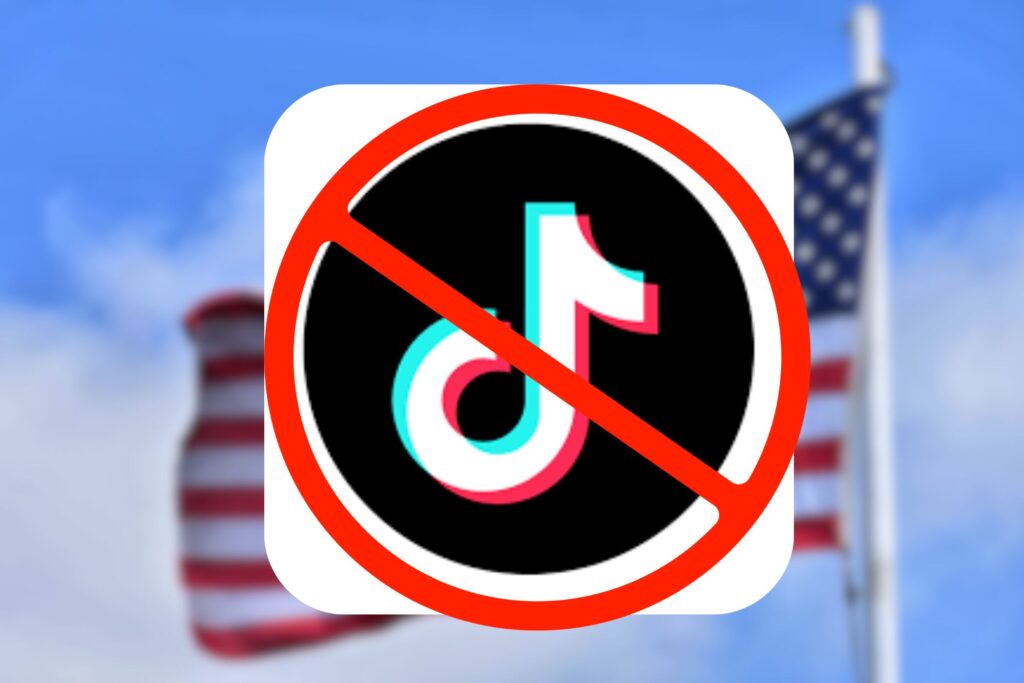In 2025, the United States is poised to ban TikTok, the popular short-video app owned by Chinese company ByteDance, due to national security concerns. The U.S. government fears that the Chinese government could exploit TikTok to access American users’ data or influence public opinion. These concerns have led to legislative actions aimed at either banning the app or forcing its sale to a U.S.-based entity.
National Security Concerns
The primary issue centers on the potential for the Chinese government to access TikTok’s extensive data on American users. With nearly 170 million users in the U.S., TikTok collects vast amounts of personal information, including location data and viewing habits. U.S. officials worry that this data could be used for espionage or to influence public opinion, especially given China’s national security laws that can compel companies to share data with the government.
Legislative Actions
In response to these concerns, President Joe Biden signed the Protecting Americans from Foreign Adversaries Compromising our Information Act (PAFACA) into law on April 24, 2024. This legislation requires apps owned by companies from foreign adversaries, like ByteDance, to either divest their U.S. operations or face a ban. TikTok was given until January 19, 2025, to comply, with the possibility of a 90-day extension if significant progress toward divestment is made.
Legal Challenges
TikTok has challenged the law, arguing that a ban would violate the First Amendment rights of its American users by suppressing their freedom of expression. The case reached the U.S. Supreme Court, where justices expressed concerns about national security but also acknowledged potential First Amendment implications. As of January 2025, the Court appears inclined to uphold the law, which would lead to TikTok’s removal from app stores and eventual inaccessibility in the U.S.
Implications for Users
If the ban proceeds, TikTok will become unavailable for download in the U.S., and existing users will gradually lose access as the app becomes outdated without updates. This development has significant implications for content creators, businesses, and users who rely on the platform for communication, marketing, and entertainment. Many are now exploring alternative platforms to continue their digital presence.
Conclusion
The impending TikTok ban underscores the complex intersection of technology, national security, and free speech. While the U.S. government prioritizes safeguarding citizens’ data from potential foreign exploitation, the move also raises questions about digital expression and the future of international tech companies operating in the U.S. As the situation evolves, users and stakeholders are advised to stay informed and consider alternative platforms to mitigate potential disruptions.

